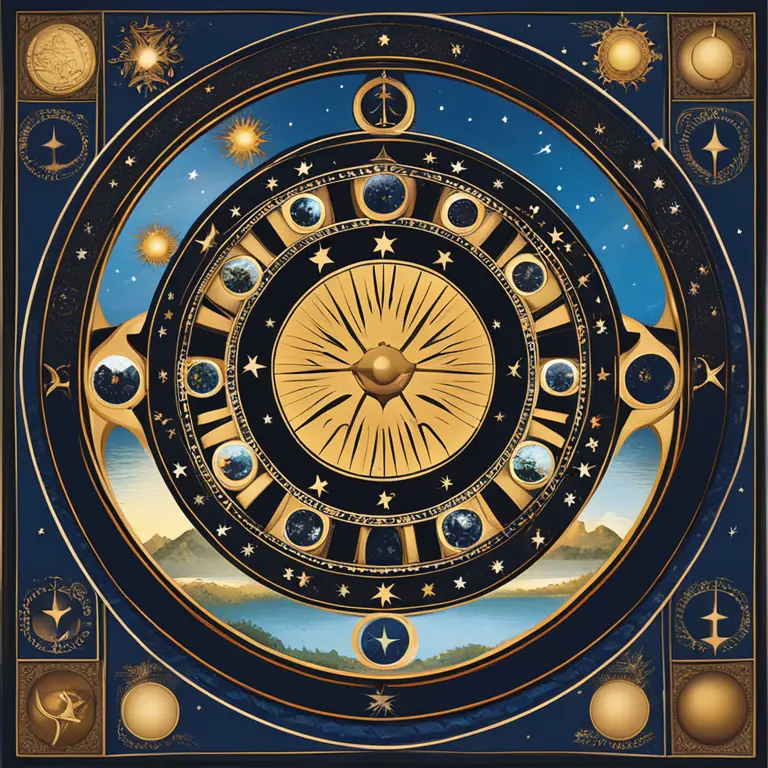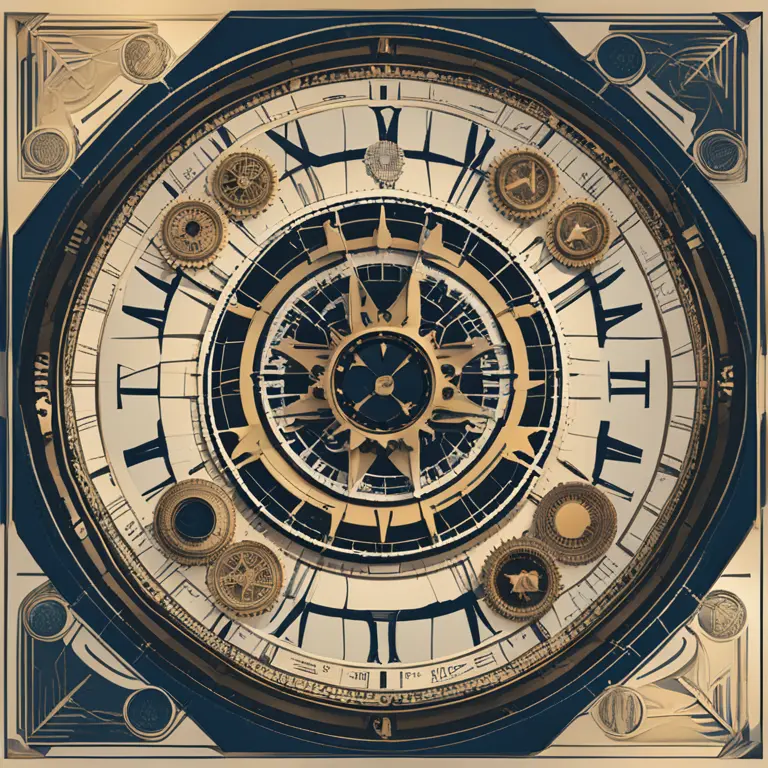
The Validity of Astrology: A Modern Perspective
Explore the reasons behind the enduring belief in astrology and how contemporary understanding gives it credence.
article by Priya Deshmukh
Astrology's Enduring Appeal
Astrology has captivated the human imagination for millennia, and its appeal remains undiminished even in the modern scientific era. While skeptics often dismiss astrology as mere superstition, many individuals find personal truths and guidance within the zodiac. This ancient practice aligns celestial events with earthly occurrences, suggesting that the positions of the stars and planets at the time of one's birth can influence their personality and fate. Supporters argue that astrology’s resilience is a testament to its relevance and utility in understanding human experiences.

Psychological Resonance
Astrological systems provide frameworks that resonate deeply with human psychology. The twelve zodiac signs symbolize archetypal qualities and life themes that individuals can relate to personally. Astrology's true nature may lie in its ability to reflect our psychological landscapes back at us, functioning as a mirror that reveals our aspirations, fears, and patterns. As such, astrology persists because it offers a unique lens through which we can view ourselves and the world around us.

The Astrological Renaissance
The digital age has wrought a renaissance in astrological interest. With widespread access to horoscopes and birth charts online, the curious no longer need to seek out specialist practitioners. Furthermore, the integration of astrological algorithms in apps and websites has brought personalized astrological insights directly to users’ fingertips. This ease of access contributes to astrology's credibility and its booming popularity as we move further into the 2020s.

Correlation vs. Causation
Astrology's truth does not necessarily hinge upon proving causation in the scientific sense. Instead, its practice can be seen as identifying correlations—patterns and synchronicities that many find meaningful in navigating life's complexities. Although astrology does not meet the rigid criteria of scientific validation, its principles often resonate with the human experience's inherent randomness, providing a comforting order in an otherwise chaotic existence.

Societal and Cultural Contexts
Cultural narratives and social contexts also play a role in astrology's perceived accuracy. Generational planets such as Neptune and Pluto are said to influence broader societal shifts. Astrologers correlate these planets' transits with cultural trends, often with startling relevance to current events. Supporters find that these larger patterns offer compelling evidence for astrology’s veracity as a tool for understanding collective human behavior.
Astrology in Daily Life
For many, astrology serves as a daily guide, offering advice on when to act or reflect, much like weather forecasts inform wardrobe choices. It helps individuals prepare for potential challenges and identify auspicious times for various endeavors. Enthusiasts argue that consistent alignments between astrological predictions and personal experiences cannot be mere coincidence, thereby lending credence to its practice.
The Personal Testimony
Ultimately, much of astrology's truth comes from personal testimony. Countless individuals report that astrological readings have provided them with insight and guidance that felt deeply aligned with their life’s trajectory. These personal accounts, while anecdotal, contribute to the collective argument for astrology’s legitimacy as a meaningful system for self-understanding and navigating the human condition.
Published: 2/13/2024
Modified: 2/13/2024
More predictions
Come back here soon to learn more about yourself and your future


Crafting Inquiry: Top Tarot Questions to Ask
Discover the right questions to pose during a tarot reading to gain profound insights into your life's direction and decisions.


The Tarot Card Deck: A Gateway to Mystical Insights
Discover the tarot deck's rich symbolism and its role in personal growth and foresight. An insightful guide to the power of tarot cards.


The Tarot Queen of Cups: A Sign of Compassion and Insight
Delve into the symbolism and significance of the Queen of Cups in Tarot, uncovering her nurturing essence and intuitive power in divination.